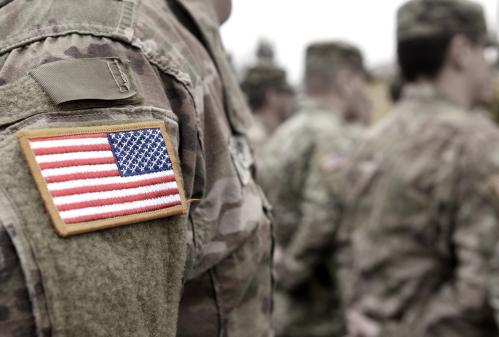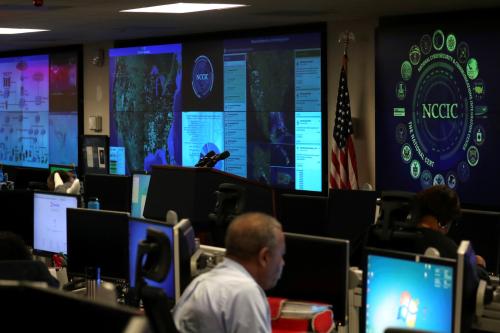Today the Federal Parliament will hold its belated, but welcome, debate on our contribution to the Afghanistan war.
Now that Tony Abbott and the Coalition have pulled back (for the second time) from arguing for an increased deployment, the focus shifts to the position of parliamentary progressives such as the Greens and Andrew Wilkie, who have signalled their opposition to the war.
In addition to national interest grounds, including terrorism and the stability of southwest Asia, we believe there is a strong progressive case for the ADF’s current mission. That mission is to train local security forces in Uruzgan province for the next several years, as part of coalition efforts to ensure Afghans can take responsibility for their own security in a sustainable way.
The argument rests on three pillars.
First, Afghanistan was launched for reasons most progressive could and did support. It is the antithesis of the Iraq war, the war progressives love to hate. Afghanistan is a war of self-defence, launched after Al Qaeda’s attacks of 9/11, rather than a war fought to prevent a possible future attack. It was initiated pursuant to international law. It was sanctioned by the United Nations Security Council, the piece of international machinery that progressives hold to be so important. It has been blessed by countless statements of supports from leaders of the international community.
If Australia pulls out precipitously, what does that say about our commitment to the UN, international law, and a decent and orderly international system?
Second, although the U.S. alliance is not necessarily popular among progressives, Afghanistan is the kind of alliance commitment progressives should support. The left marched against American unilateralism at the time of the Iraq war. In the case of Afghanistan, however, Washington is acting multilaterally, in concert with allies and friends. If Australia turns away from America now, when a progressive president is trying to maintain international support for a difficult struggle – if we insist that Americans should now bear this burden alone – then we validate the argument of American conservatives that it is better for Washington to act on its own.
Third, we have moral responsibilities to Afghans – not least the most vulnerable Afghans. There is an ethical dimension to this problem that progressives should not ignore. True, the coalition did not topple the Taliban to liberate Afghan women, but this does not change the fact that Afghan women can now work, go to school, vote and run for parliament in ways that were impossible under the Taliban.
Nor can we ignore the fears expressed by Afghan women that these relative improvements will be sacrificed in any deal between the current Afghan government and the insurgents. Such a deal may well be a necessary condition of peace, but the coalition still has the ability to influence the details of those negotiations – but not if we are heading for the door.
Will Western governments make the protection of women a condition of any agreement between Kabul and the insurgency? Maybe, maybe not. But this is precisely why it is incumbent on progressives to make this point in the debate about Afghanistan and not simply rest on empty slogans like ‘troops out now’.
Despite the contention of some progressives, coalition troops in Afghanistan are doing more good than harm. They help prevent civil war or the return of the Taliban to power; they make it more likely that the insurgents will be forced into a negotiation on terms more attractive to the current government; and by training the Afghan Army, Afghanistan’s one real national institution, they give the country a chance of keeping neighbours and transnational groups at bay in the future.
It is naive to assume that were the coalition to leave, the violence would stop. It is more likely that we would see a new civil war like the one that preceded the Taliban’s rise, as insurgents, warlords and what remains of the central government fight over power.
Progressives point to the Australian lives lost in this war – a matter that deserves the very gravest consideration. On this matter, both sides should be wary of conscripting dead soldiers and their families, friends and comrades in a cause which they may or may not share.
None of the above is an argument for open-ended or overly ambitious nation-building commitments in Afghanistan. It is an argument for giving Obama’s new strategy time to work and for giving Afghans the opportunity to build their own nation.
Progressives have long supported the Afghanistan war, and for good reasons. Most of those reasons still pertain. We should not rush for Afghanistan’s exits: rather we should make sure that when we leave we have discharged our responsibilities to the international community, our allies and most importantly to the people of Afghanistan.
The Brookings Institution is committed to quality, independence, and impact.
We are supported by a diverse array of funders. In line with our values and policies, each Brookings publication represents the sole views of its author(s).



Commentary
Op-edA Strong Case for Afghanistan Deployment
October 19, 2010